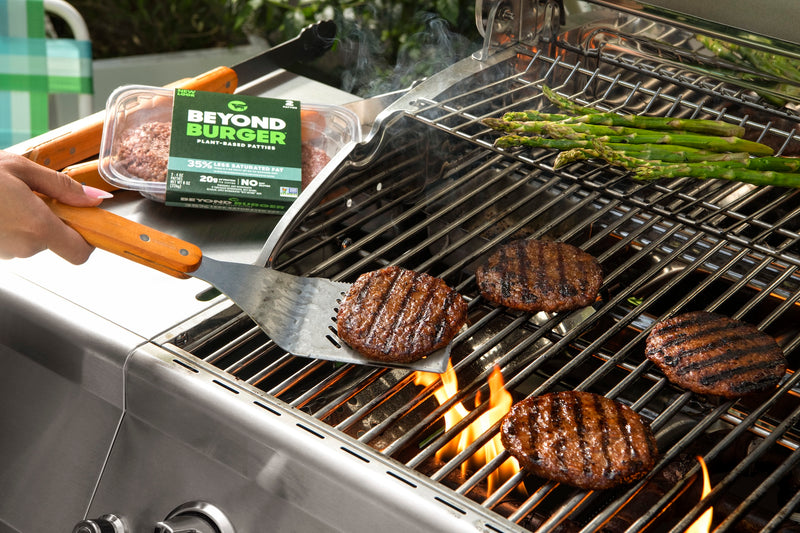Don’t call it a fad.
Analysts in the food and beverage industry are observing a seismic shift in the popularity of plant-based food.
While rampant inflation presents a curveball to analysts’ forecasts, U.S. consumers have responded enthusiastically to a wide variety of plant-based alternatives, ranging from burgers and sausages to ice cream and fishless filets.
Let’s dive into the meatless mania.


What's happening
As consumers grow more health and climate-conscious, their eating habits have shifted.
In the past three years, plant-based food sales have grown 54 percent,
according to the Plant Based Foods Association (BPFA). The trade group says that the increase pushes the total plant-based market value to an all-time high of $7.4 billion.
Despite the pandemic, consumers have continued to flock to plant based alternatives, the BPFA says. That resiliency should be encouraging to producers.
“The sustained growth in plant-based food sales this past year illustrates strong consumer commitment to purchasing foods that taste great and align with their values and are better for personal health, the planet, workers in the supply network, and animals,” it wrote.


The challenges
Cost is consumers’ greatest consideration with food purchases and the
PBFA expects high inflation to hit plant-based producers’ bottom lines.
The price of food and beverages is a larger driver of purchasing decisions than environmental sustainability by a margin of 68% to 39%, per a survey by the International Food Information Council.


What's popular
Plant-based milk alternatives in the U.S. grew 4 percent in 2021 and hit $2.6 billion in sales — which is roughly 35 percent of the total plant-based food industry. And since 2019, plant-based meat sales have grown by 74 percent
to hit $1.4 billion — about 19 percent of the total plant-based market.

Who's coming along
Major grocery chains aren’t the only places featuring plant-based food options.
Many fast-food chains are starting to offer veggie meat options, including Burger King, Carl’s Jr., Caribou Coffee, Quiznos, KFC, Chipotle, and more.
Investors have been lining up, too. In the first three months of 2020 alone, U.S. plant-based companies raised $741 million to expand their operations,
according to Forbes.

Learn more
At SOFi, we’re addressing the world’s plastic problem differently. Learn more about our mission and durable paper straws here.

In the news
- The European Union created a policy requiring smartphones, tablets, and laptops to use a common charging port. The law, which goes into full effect by 2026, will cut down on trashed cords that pile up to roughly11,000 metric tons of waste across Europe each year.
- Organic food sales growth slowed down in 2021, according to a study by the Organic Trade Association. Organic food sales grew only about 2% in2021 (hitting $57.5B total) That compares to a 12.8% growth rate in 2020,and a 4.6% rate in 2019.
Marine biologists’ efforts to “plant” coral larvae underneath offshore wind turbines are offering hope that the clean-energy structures may also serve as safe haven for ocean wildlife. The “ReCoral” project is growing corals on a large offshore wind farm off the coast of Taiwan.
The international meat giant JBS released a plant-based bacon product that uses a protein blend of rice flour, wheat, soy, and pea protein.





